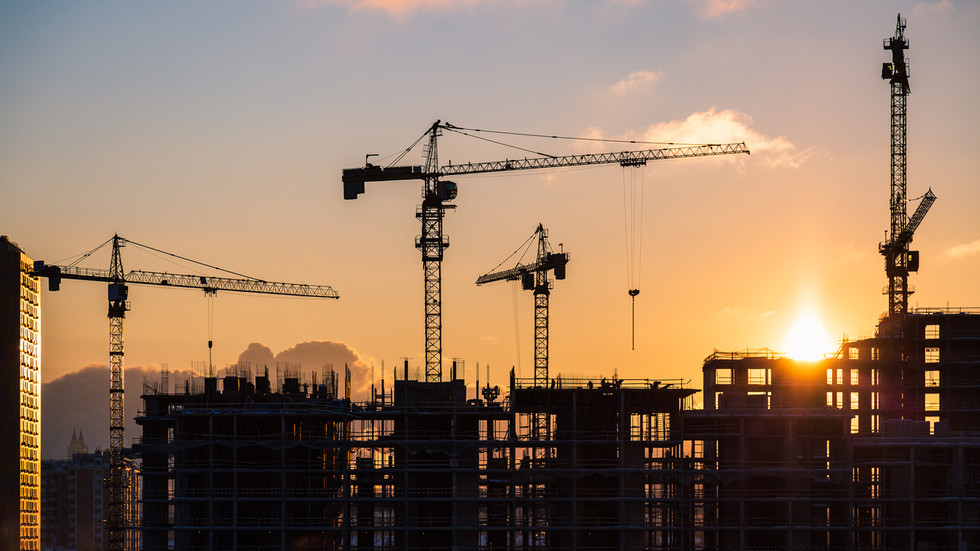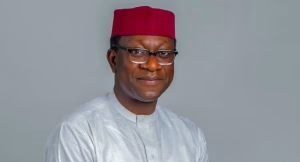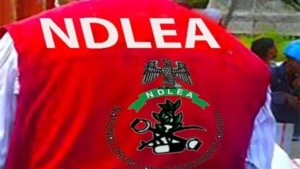Russia’s infrastructure construction sector is bracing for a surge in bankruptcies as soaring borrowing costs and shrinking demand strain companies, according to industry leaders. Aleksey Krapivin, CEO of National Projectstroy — a major firm behind projects like the Crimean Bridge and critical highways — warned that nearly half of all civil construction companies now face insolvency risks. His remarks, made in an interview with Russian business outlet RBK, highlight deepening instability in a cornerstone industry.
The challenges stem partly from aggressive monetary tightening by the Bank of Russia. In 2022, the central bank hiked its key interest rate from 9.5% to 21% to stabilize the ruble and rein in inflation after sanctions disrupted the economy. While the rate was cut to 20% last month — the first reduction in over two years — borrowing remains prohibitively expensive for firms reliant on loans. Krapivin noted that his own company has deferred investment plans and tightened financial controls to manage rising debt costs.
Infrastructure projects, which require large upfront investments and take years to complete, are among the hardest hit. “Building today is always cheaper than building tomorrow,” Krapivin said, stressing that new developments have become economically unfeasible. Smaller contractors face even starker risks, he added, as many diverted profits from unsecured future projects or pursued non-core ventures in search of revenue. Meanwhile, nearly all firms grapple with what the CEO called “expensive money,” with loans consuming a growing share of budgets.
The government and private sector are exploring solutions, including expanded public-private partnerships, to offset financial pressure. Krapivin expressed cautious optimism that such measures, coupled with potential rate cuts, could stabilize the sector over time. Bank of Russia Deputy Governor Aleksey Zabotkin reinforced this outlook, signaling that rates might drop by more than 1% at the July 25 policy meeting if inflation trends toward the 4% target by 2026.
The situation underscores broader economic sensitivities as Russia navigates prolonged sanctions and internal fiscal constraints. With infrastructure development central to national priorities, policymakers face mounting pressure to balance inflation control with support for industries vital to growth and employment.





